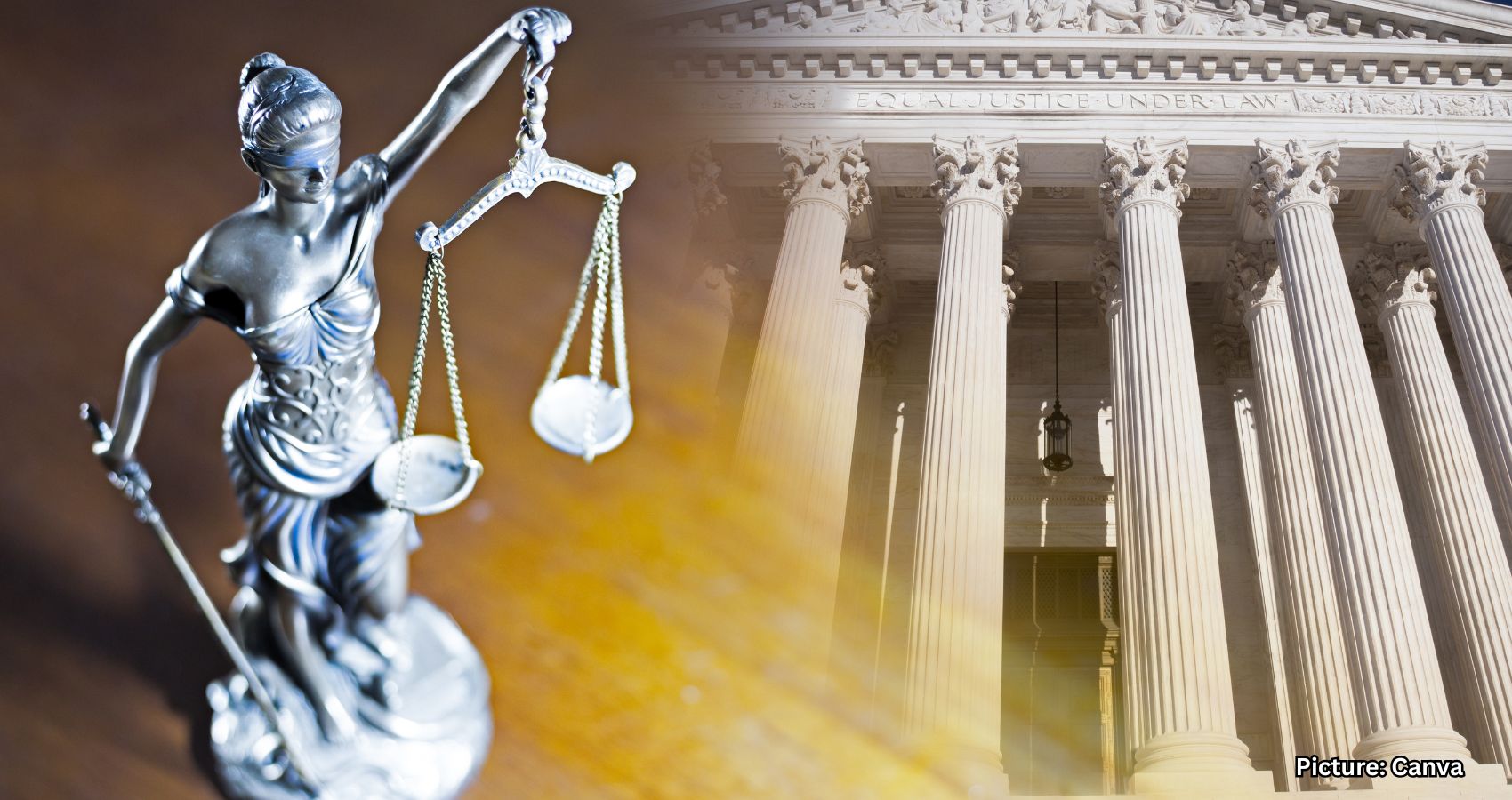The Trump administration is intensifying efforts to strip citizenship from naturalized Americans, targeting cases across ten broad categories, according to a recent Justice Department directive.
The Justice Department’s recent memo signifies a substantial policy shift, as it urges the department to “maximally pursue denaturalization proceedings in all cases permitted by law and supported by evidence.” This move marks a distinct push to revoke citizenship on a massive scale, affecting naturalized Americans nationwide.
Denaturalization differs from deportation in that it involves a civil lawsuit that revokes a person’s U.S. citizenship, subsequently turning them back into noncitizens who can then face deportation. The government can pursue denaturalization if it can prove that an individual “illegally procured” their citizenship by failing to meet legal requirements or by committing fraud during the naturalization process.
The new directive promotes a “maximal enforcement” policy, effectively seeking denaturalization in any case where evidence supports such action, irrespective of the strength of the evidence or the priority level. This has led to instances like Baljinder Singh, whose citizenship was revoked after a name discrepancy, potentially the result of a translator’s error rather than fraudulent intent.
Historically, denaturalization was a rare occurrence until the 1940s and 1950s during the Red Scare, as suspicion of communism and Nazism prompted a surge in such cases. Between 1907 and 1967, over 22,000 Americans were denaturalized. However, the landmark Supreme Court case Afroyim v. Rusk in 1967 restricted the government from revoking citizenship without consent, except in cases involving fraud.
Since then, denaturalization was seldom pursued; from 1968 to 2013, under 150 individuals lost their citizenship, mainly due to concealed war crimes. The current approach stands in contrast with this history, sparking concerns among legal scholars about violations of constitutional rights.
In civil denaturalization cases, individuals lack access to free legal counsel, jury trials, and face a lower burden of proof—”clear and convincing evidence”—compared to criminal cases which require “beyond a reasonable doubt” proof. The absence of a statute of limitations allows the government to investigate cases irrespective of how long ago the alleged misconduct occurred.
The expansion of denaturalization has significant implications for democracy and societal security, as a core tenet of citizenship lies in its permanence. The fear that naturalized citizens might lose their status at any time undermines their full participation in American democracy.
The Justice Department’s directive outlines 10 categories for denaturalization, ranging from national security threats and war crimes to various frauds and financial crimes. This policy effectively creates two categories of American citizens: those born in the U.S., who face no risk of losing their citizenship, and naturalized citizens, who may remain vulnerable throughout their lives.
Individuals, such as a woman who became a naturalized citizen in 2007 and later faced potential denaturalization due to non-disclosure of a crime she was involved in unaware at her naturalization time, illustrate the precariousness of this policy. She cooperated with an FBI investigation and completed her legal sentence, yet decades later her citizenship was under scrutiny.
This intensified scrutiny could significantly impact approximately 20 million naturalized Americans, whose decades-old paperwork discrepancies might now threaten their citizenship status. The Justice Department’s move to “maximally pursue” denaturalization cases, alongside initiatives from the first Trump administration to re-evaluate over 700,000 naturalization files, represents a considerable escalation of efforts to rescind citizenship.
Constitutional challenges to this policy are anticipated, as they raise significant concerns about its alignment with the principles established in Afroyim v. Rusk, which underscored the inviolability of citizenship as a fundamental right.
As legal and academic critiques continue, the debate surrounding the policy’s implications unfolds, with broader consequences looming over the security and integrity of naturalized citizenship in America.
Source: Original article

